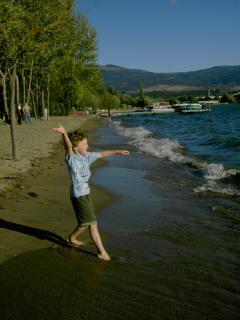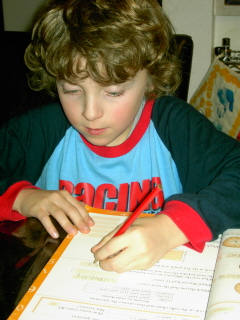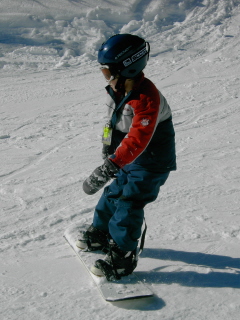
My son Julian is 8 and does not go to school. What might be a scandal in Germany is an alternate educational way of learning in many other countries, which is becoming more and more common in families; life without school. Julian knows no schedule, no curriculum, no homework, no tests, and no report cards. Learning, for him, happens naturally throughout the day, and often throughout the evening, and he learns whatever he is interested in.
The Canadian province of British Columbia, where we have been residing for the past year, offers homeschooling families two options; they may either register their children once a year with the local school authorities, or enrol them in a distance learning school. There are no conditions imposed on children registered as homeschoolers. No exams are administered, the child's education is the sole responsibility of the parents, however, the family receives little or no financial support. The alternative is enrolling the child in a variety of distance learning schools. These children are officially not considered as being homeschooled (and the won't appear in the statistics as such), but as "Distributed Learning Students".
In the current 2006/2007 school
year, 475 children, ages 6 through 14, were enrolled at SelfDesign and
are being supervised by 50 learning consultants. The ministry pays the
distance learning school Can$3,300 per student, that's about half the
funding public schools receive per capita. Approximately Can$1,000 of
this money in passed on the families to pay for courses, books, etc. In
December of 2006, the innovative distributed learning program
SelfDesign was awarded the "Prime Minister's Awards for Teaching
Excellence" that is designed to recognize the efforts of outstanding
educators. SelfDesign received this award as a unique program whose
learning consultants work with individual learners and their families,
valuing and validating holistic, enthusiasm-based learning, instead of
relying on teaching and following a curriculum.



